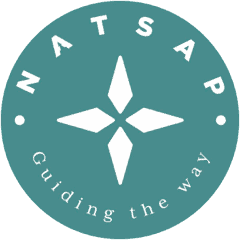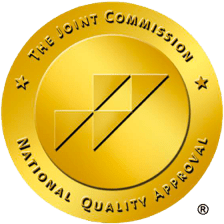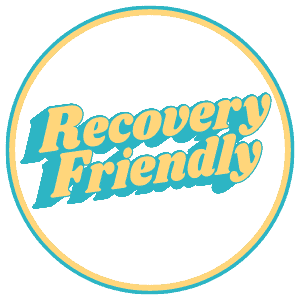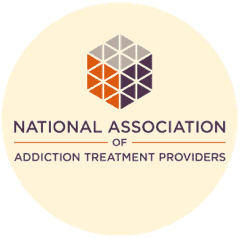Drug and alcohol addictions are destructive forces that can harm your health, relationships, and more. Without seeking treatment, the severity of an addiction is likely to grow. In time, substance abuse can turn from a casual curiosity to a life-threatening problem that requires immediate treatment.
But finding the help you need can seem overwhelming. Addiction treatment is offered in so many settings and levels of care that it can be hard to determine which type of rehab is right for you.
Understanding the benefits of long-term drug rehab may help you make the best choice for your unique needs. This guide will explore ten of the most significant benefits of seeking long-term treatment and how to find the care you need to recover from drug addiction.
Reach out to the Next Step Recovery specialists to learn more about our long-term rehab programs or to find support at any stage of your recovery.
What Are the Benefits of Long-Term Drug Rehab?
There are so many addiction treatment options available, and it can be hard to know which one can best meet your needs. Long-term rehab programs provide essential, comprehensive treatment and support that can help people overcome the physical, behavioral, and psychological aspects of addiction.
Research shows that people who participate in long-term drug rehab programs have better outcomes and longer-lasting recoveries than those who participate in shorter programs. Here are ten of the most significant benefits of participating in long-term drug rehab programs.
1. A supportive environment
In the early days of recovery, avoiding the triggering situations, people, and environments that could lead to cravings and relapse is essential. Participating in long-term treatment programs allows people to begin their recovery journey in a safe, supportive environment–far from the triggers that could derail their progress.
2. A controlled environment
The staff in long-term rehab facilities take great care to ensure the environment is free from drugs, alcohol, and other substances that could distract people from their goal of sobriety. Unlike less structured treatment options, where patients may be exposed to drugs and alcohol in the environment, the controlled environment within a long-term rehab facility supports people during the earliest days of recovery.
3. Structure
Life with addiction can feel chaotic. During a long-term drug rehab program, people learn how to build a routine that allows time for work, socialization, rest, and recovery-related activities.
4. Ongoing support
One of the most important aspects of long-term rehab programs is that they provide 24/7 treatment and support. People in long-term programs receive support from a committed team of specialists and peers.
5. Supervision
The staff in a long-term drug rehab program provide a high level of supervision, ensuring that the facility will be drug and alcohol-free and that patients will have the care they need at all times.
6. Time to focus
Life is full of distractions. Things like shopping, cooking, cleaning, working, and caring for family members are essential–but they can keep people from having the time and energy to focus on recovery. In a long-term rehab program, people have the time and space to learn and practice new skills without having to worry about managing aspects of their daily lives.
7. Sober community
Many people must let go of old, destructive relationships when they begin their recovery journey. Many feel isolated or lonely, especially in the earliest days of sobriety. One of the most significant benefits of long-term drug rehab programs is that people have round-the-clock support from sober peers.
8. Nutrition support
Nutrition support is an essential aspect of many long-term drug rehab programs. Living with an active addiction often means erratic eating patterns and poor general nutrition. Good nutrition during detox and recovery can help reduce the severity of withdrawal symptoms, strengthen the body, and soothe the mind.
9. Holistic treatment
Addiction is rooted in a person’s behavior, genetics, history, environment, and more. It is a complex condition that requires comprehensive, holistic care. In a long-term drug rehab program, people have regular access to a range of evidence-based and holistic therapies, including:
- Individual counseling
- Group and family therapy
- Relapse prevention education
- Coping skills
- Mental health treatment
- Medication management
- Exercise, nutrition, massage, and other holistic therapies
10. Coping skills
Living a sober lifestyle isn’t just about not using substances–it also means adopting new habits that help you embrace sobriety for life. Participating in long-term rehab lets people learn practical skills to help them reach their goals. In addition to giving people the skills they need to avoid relapse and live a healthier lifestyle, long-term rehab programs also allow people time to practice these skills with the support of a sober peer community.
Find Long-Term Drug Rehab in North Carolina Now
Addiction can take your life off track, but getting treatment can help you regain control. If you or someone you love needs addiction treatment, contact the Next Step Recovery team to learn about our effective, comprehensive programs.









